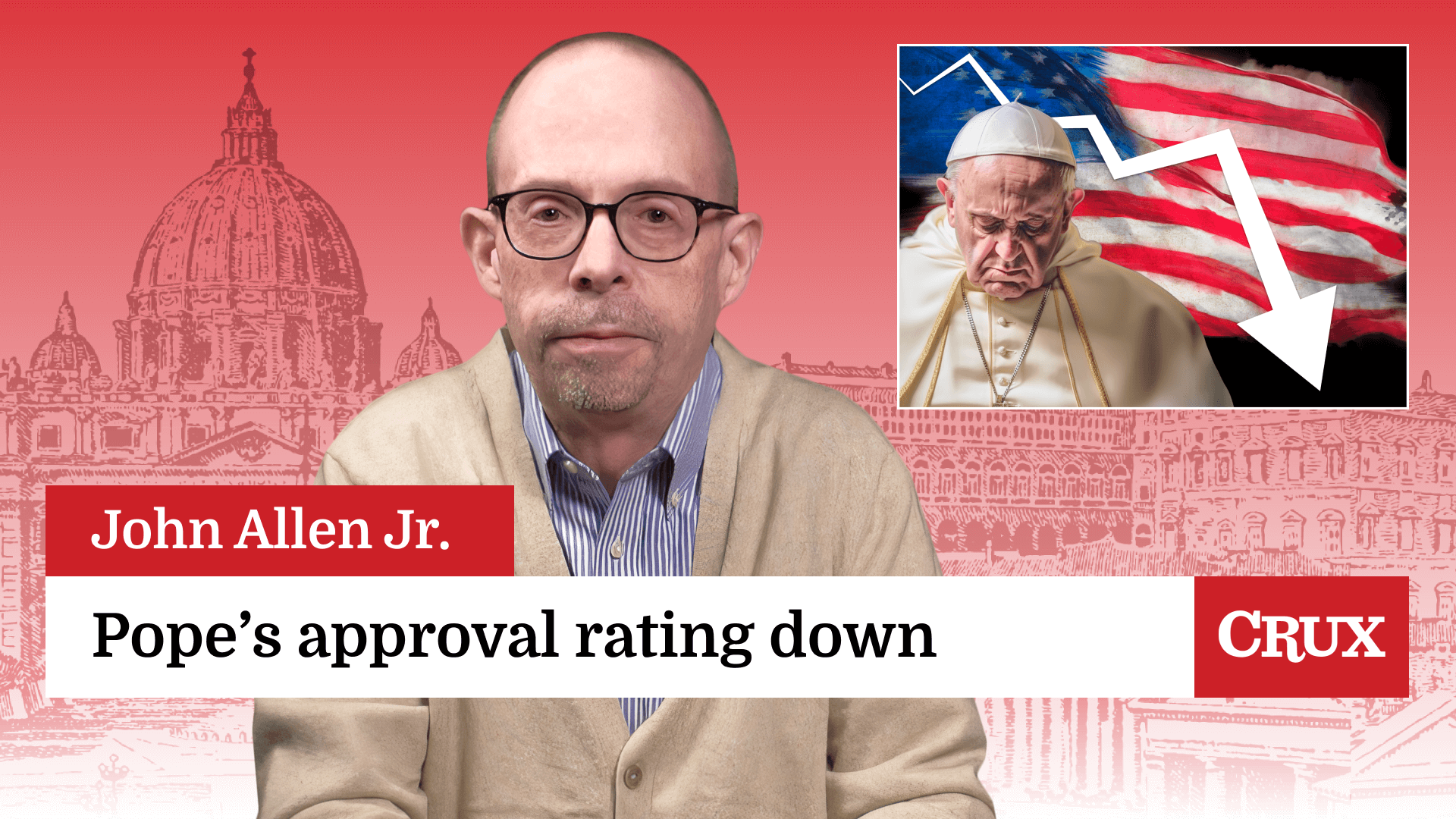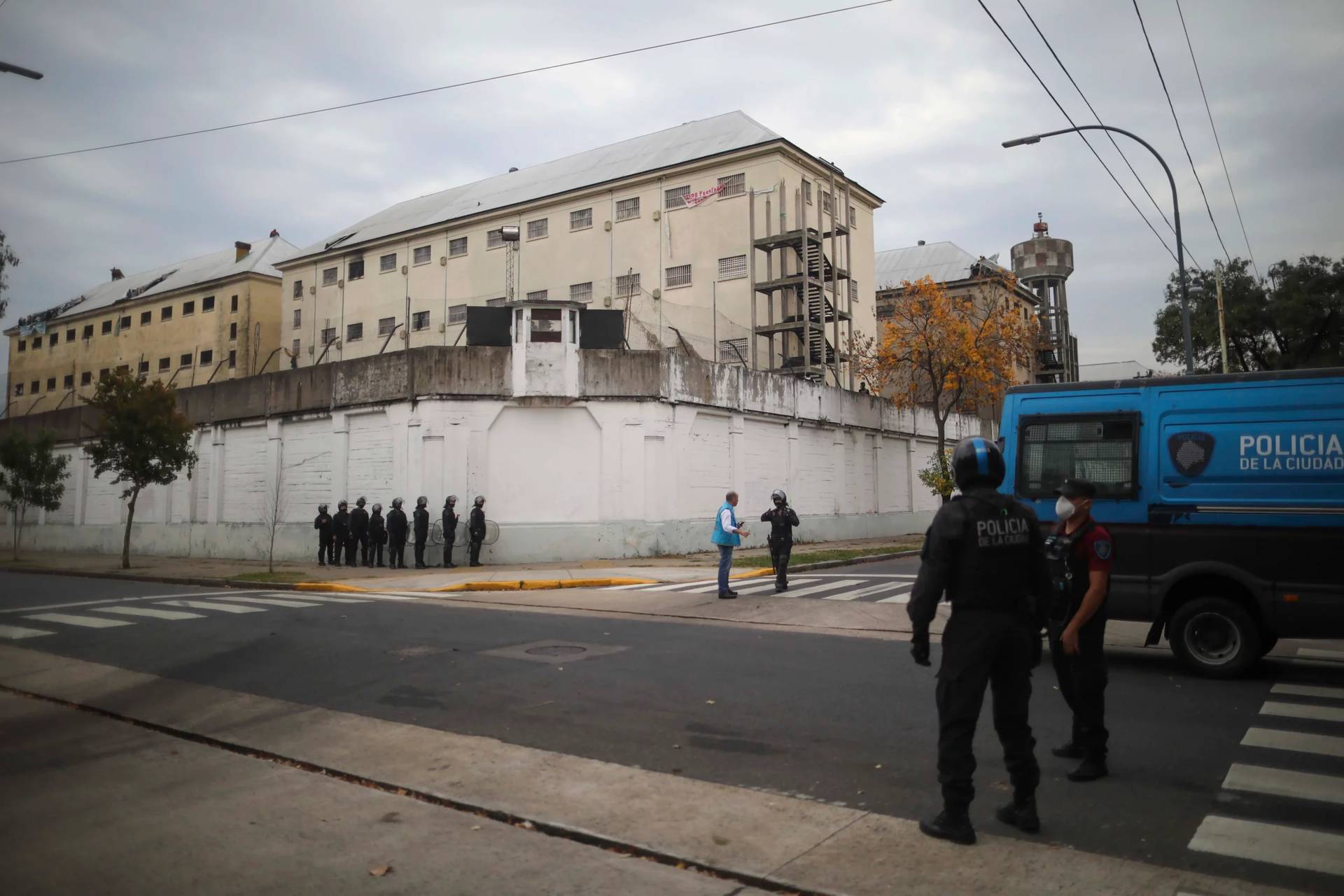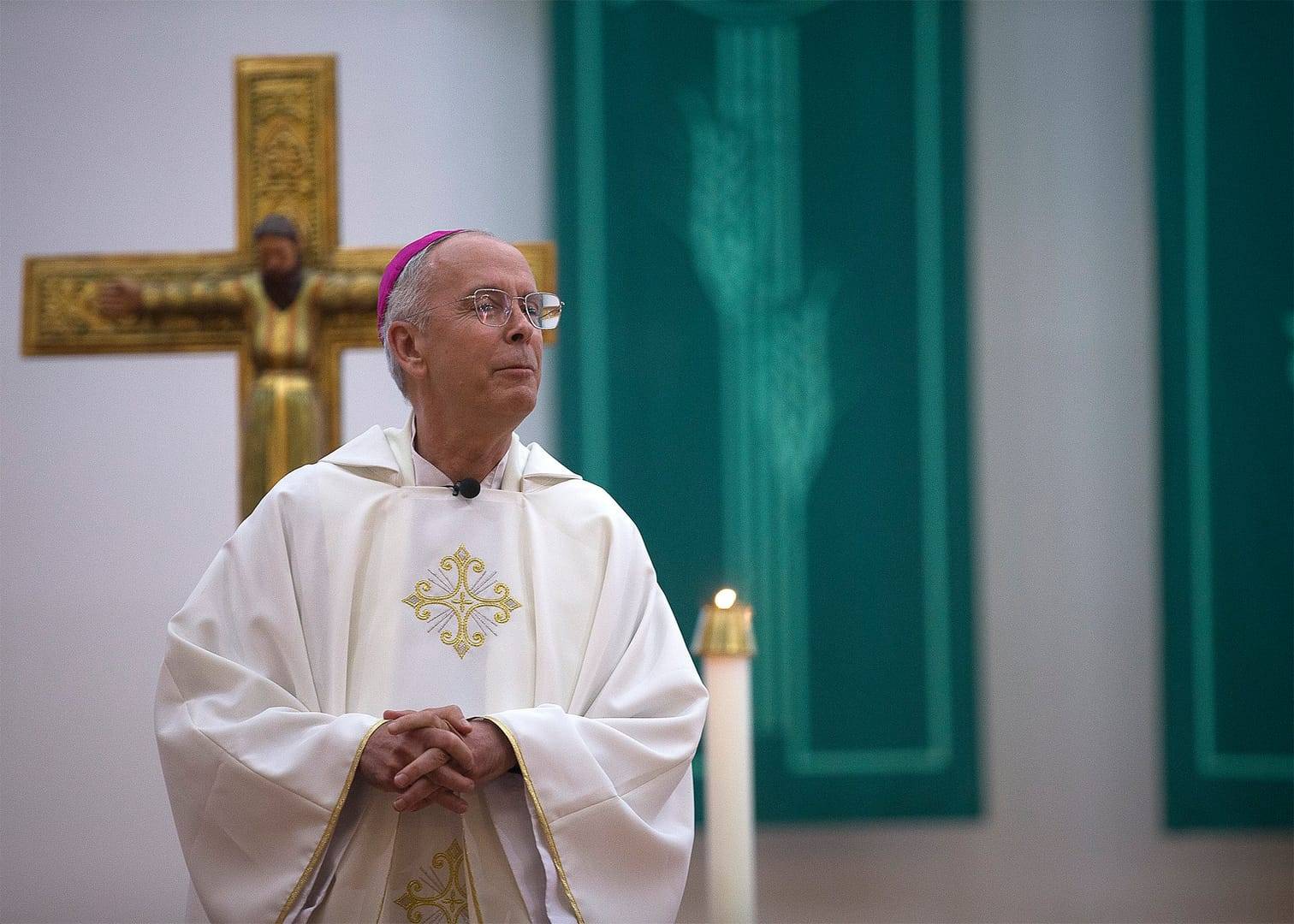NEW YORK – Earlier this week Connecticut Governor Dannel P. Malloy announced that he was nominating associate Supreme Court Justice Andrew McDonald to be the state’s next chief justice. While McDonald’s nomination has received much attention as it would make him the first openly gay chief justice, some Catholics are opposed to the nomination and cite McDonald’s championing of a 2009 bill that they argue would have given the state control over the Church’s finances.
In March 2009, McDonald, who at the time chaired the legislature’s judiciary committee, introduced the bill, along with co-chair Michael Lawlor, and argued that the bill was in response to a recent case of embezzlement after it was revealed that the pastor of St. John’s Roman Catholic Church in Darien had stolen more than $1 million from the parish.
Under their proposed legislation, Bill 1098, “An Act Modifying Corporate Laws Relating to Certain Religious Corporations,” a corporation would have to be established for “any Connecticut Roman Catholic Church or congregation.”
This new structure would have allowed the bishop of the diocese to serve as an ex-officio member of the board, but would bar him from voting on any decisions. Instead, the board of directors would be comprised of and elected by lay persons from the congregation, effectively shifting control of all church finances from bishops and pastors to the laity.
In response, more than 5,000 Catholics gathered in the state’s capital of Hartford to express opposition to the bill, with critics arguing that it represented a grave violation of separation of church and state. Then governor of Connecticut Jodi Rell criticized the legislation as “blatantly unconstitutional, insensitive and inappropriate.”
Soon thereafter, the committee unanimously voted against the bill — yet nearly a decade later, some of its critics are opposing McDonald’s nomination based on it and view the 2009 incident as an indication of his flawed understanding of the constitution.
In an interview with Crux, Peter Wolfgang, executive director of the Family Institute of Connecticut, described the 2009 legislation as “flagrantly unconstitutional.” Wolfgang said it raises serious concerns about McDonald’s nomination. He said that religious believers have actively been contacting their organization after learning of the appointment.
“We oppose Andrew McDonald’s nomination as chief justice for a lot of reasons, one of which is bill 1098, which would have stripped Connecticut Catholic priests and bishops of control over their own churches,” he said.
“It raises serious questions about Andrew McDonald’s understanding of the proper role between the relationship between the Church and State,” Wolfgang added.
Archbishop William Lori, then bishop of Bridgeport, Connecticut, was one of the most vocal opponents of the bill at the time.
“Lori’s leadership in the fight against bill 1098 was instrumental in crushing it,” Wolfgang told Crux.
“The state has no right to interfere in the internal affairs and structure of the Catholic Church,” Lori argued in a statement at the time. “This bill is directed only at the Catholic Church, but could someday be forced on other denominations. The state has no business controlling religion.”
Lori also said at the time that the bill was in retaliation of the Church’s opposition to gay marriage.
Paul Lakeland, director of the Center for Catholic Studies at Fairfield University in Connecticut disagrees and in an interview with Crux said that the 2009 bill itself, as well as McDonald’s intent behind it, was unfairly politicized.
“Andrew McDonald is a fine choice for the Connecticut Supreme Court,” Lakeland told Crux.
“While his role in the 2009 Bill 1098 proposing changes in the trustee structures of Catholic parishes may in some of its details have been a little provocative, the intent, surely correct, was to recognize that a greater role for lay leadership would put fiscal decisions in the hands of those who provide the funds,” said Lakeland.
“It is after all the state legislature and not the Church which in the final analysis determines the laws by which parish trusteeship must operate,” he added.
Many legal experts, however, disagreed.
“I think that (this bill) would be very problematic under the First Amendment,” said Erwin Chemerinsky, in an interview with Headline Bistro at the time of the 2009 debate. Chemerinsky is one of the nation’s foremost authorities on First Amendment law, and dean of the Law School at University of California Irvine.
Chemerinsky said the bill was problematic “partly because it targets one religion, and partly because it enmeshes the legislature in the workings of a particular religion.”
McDonald served as a state senator in Connecticut from 2003 until he resigned in 2011 to serve as a legal counsel to Malloy. In December 2012, Malloy nominated him for a seat on the Connecticut Supreme Court, a post he has held since January 2013.
















